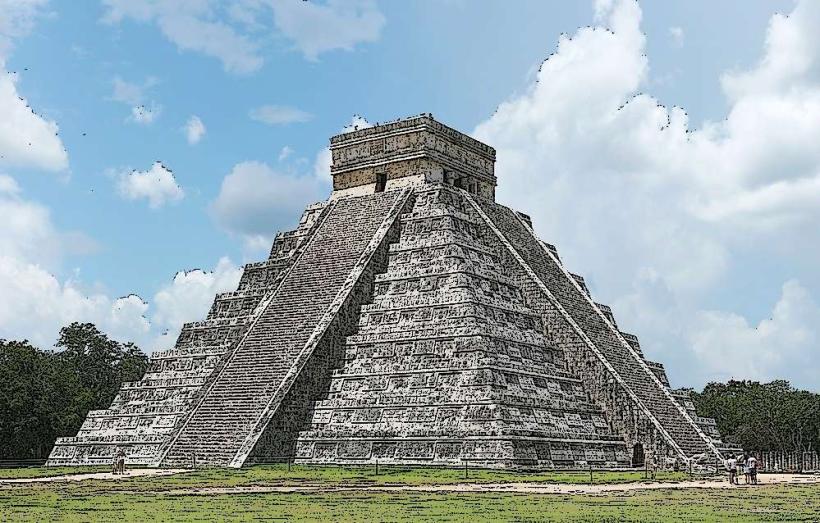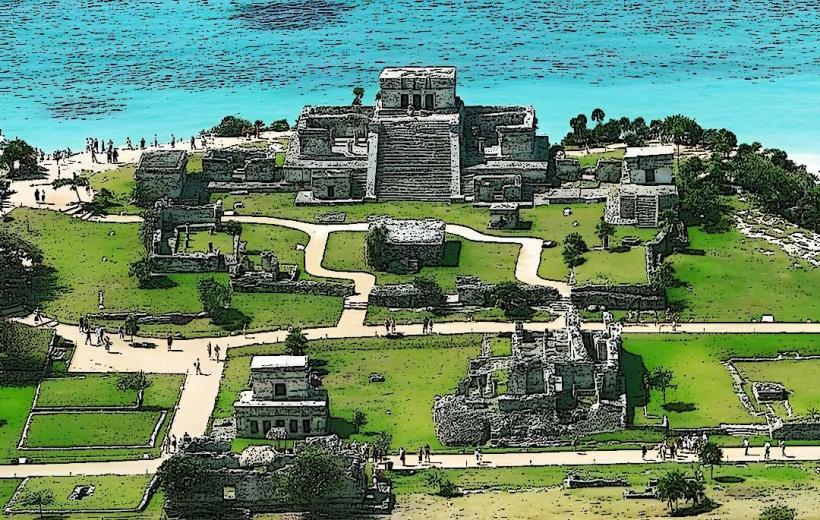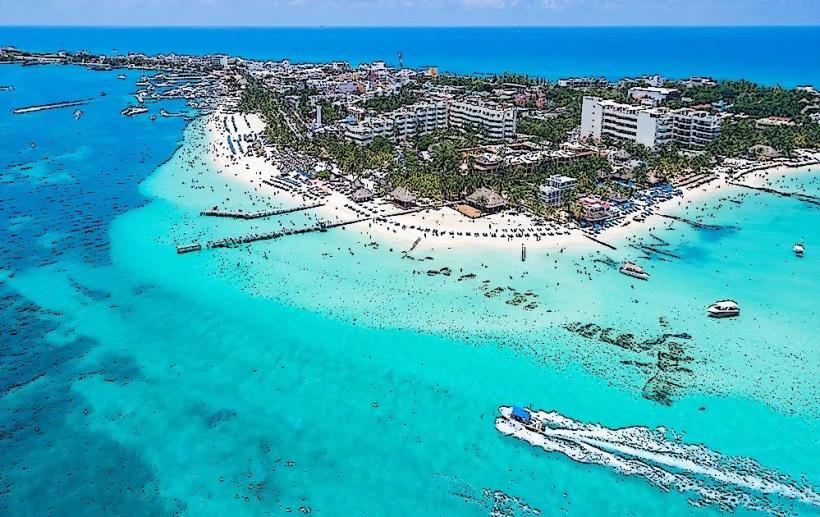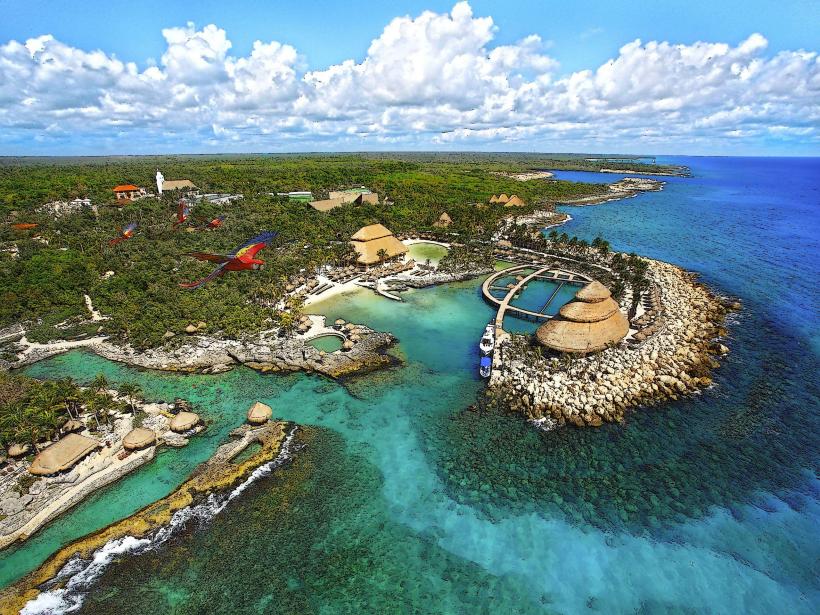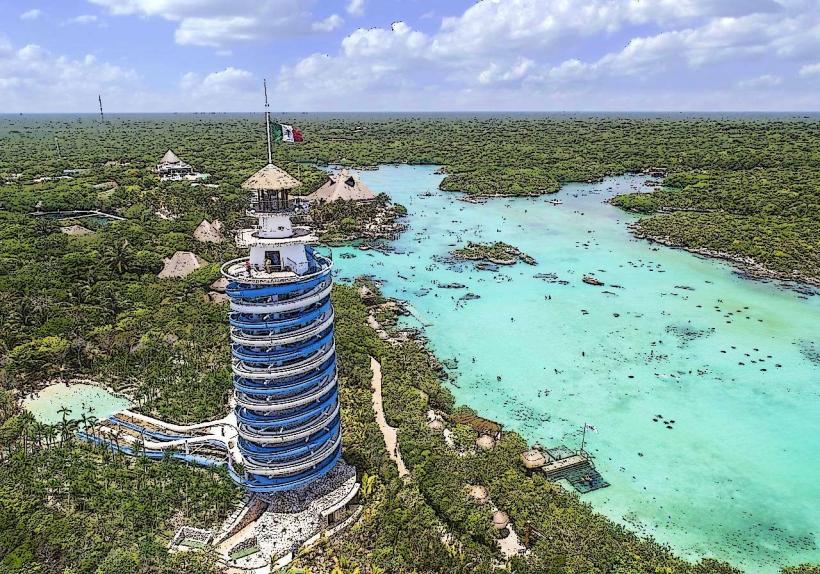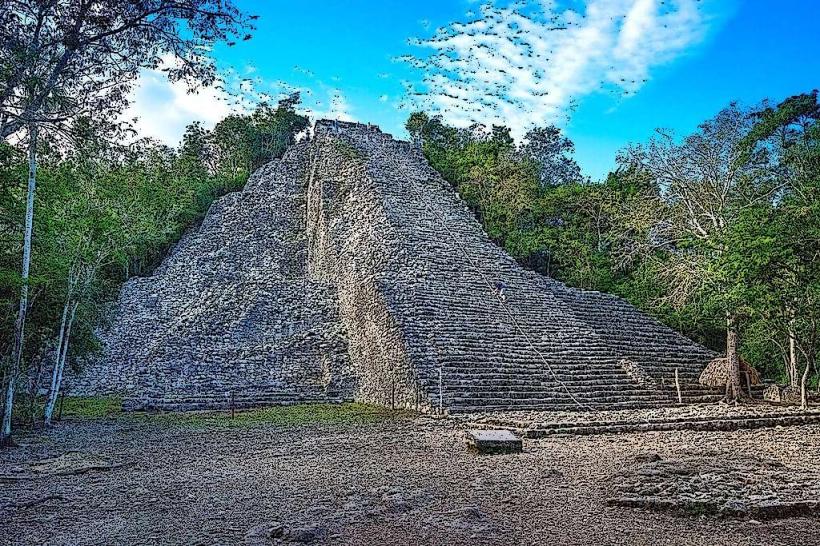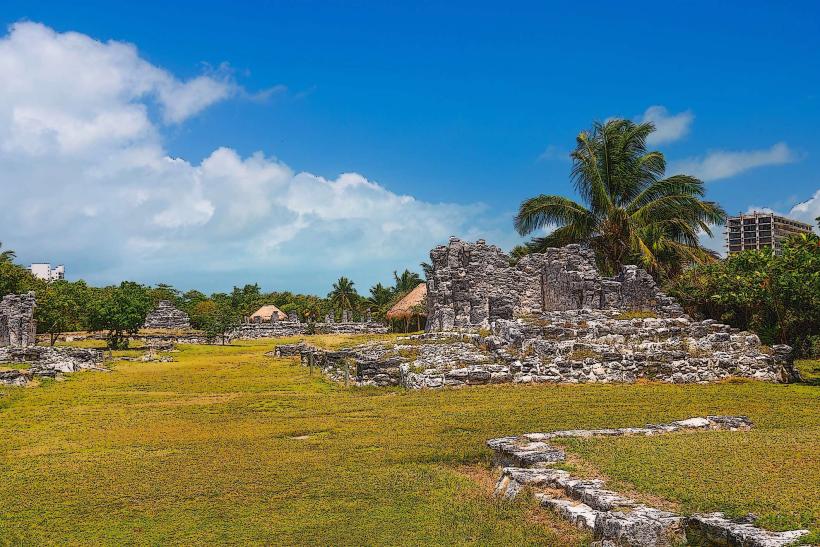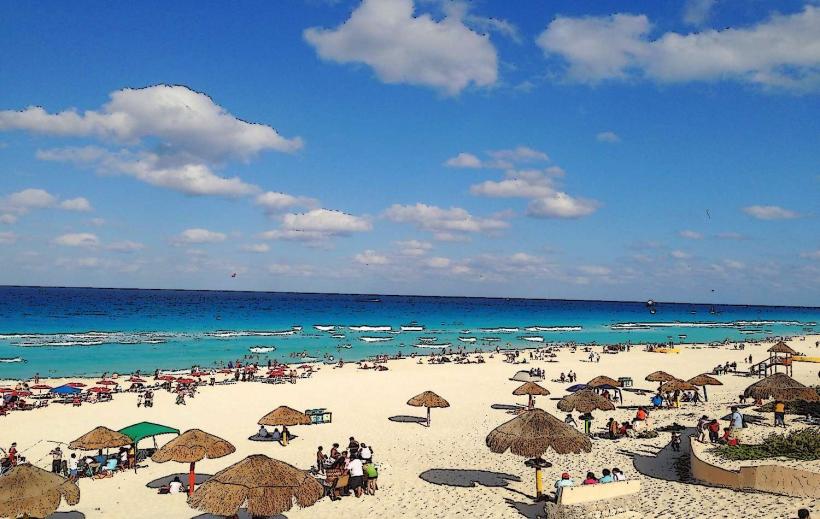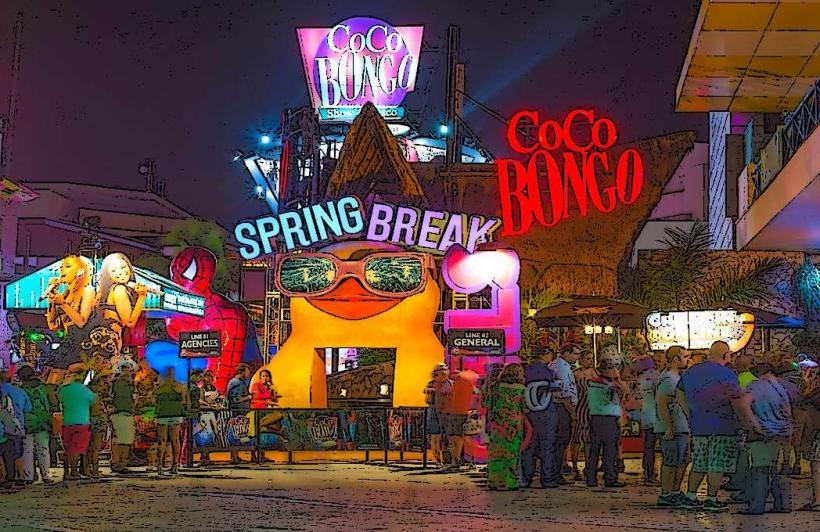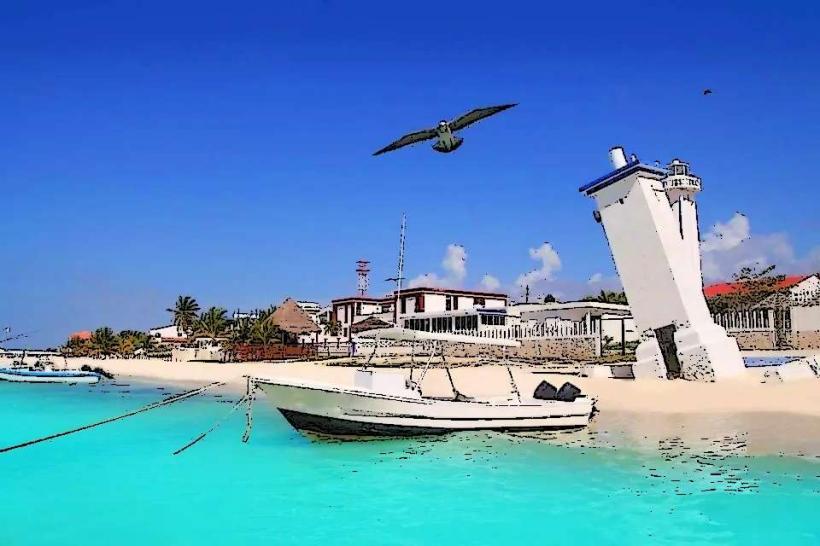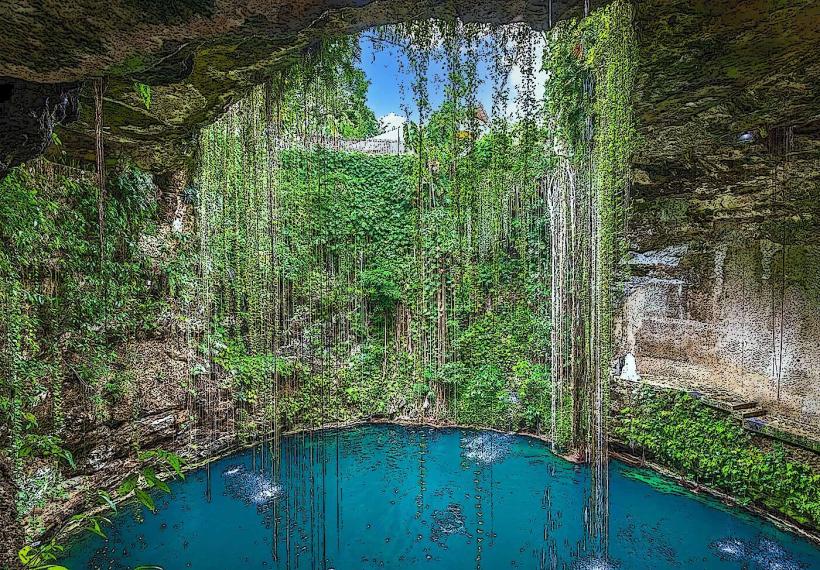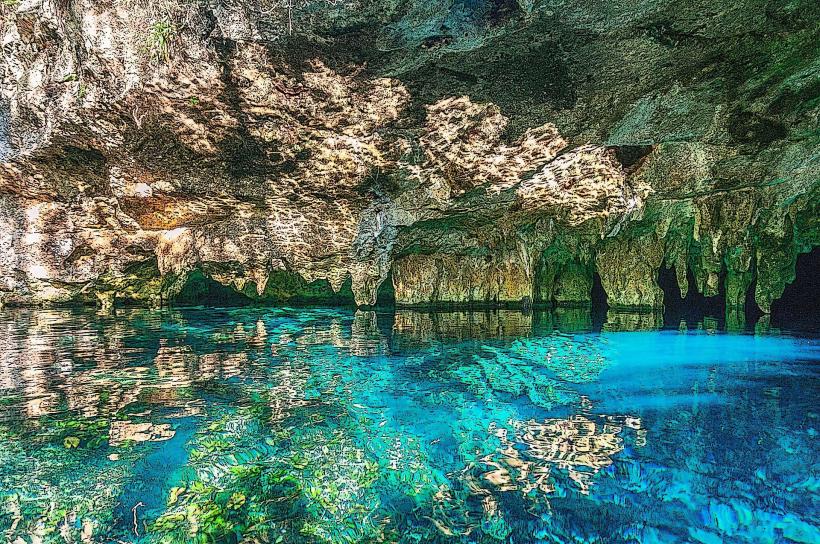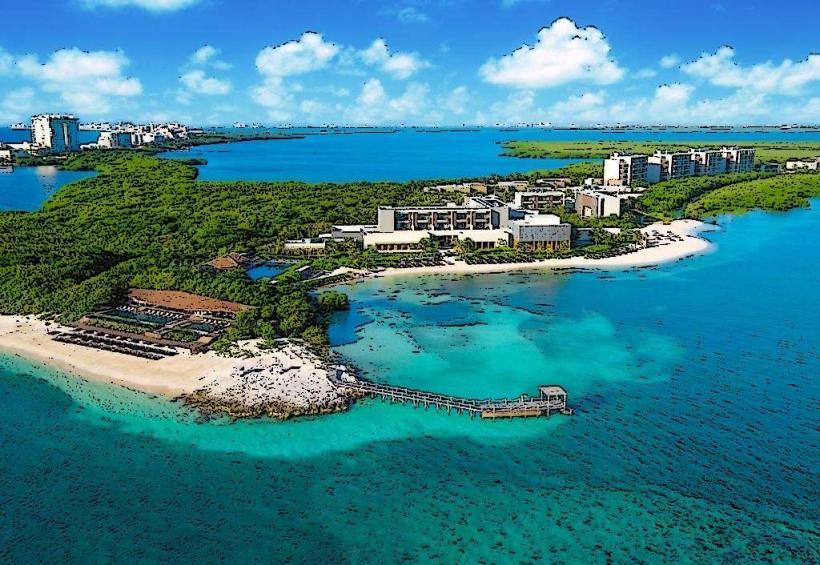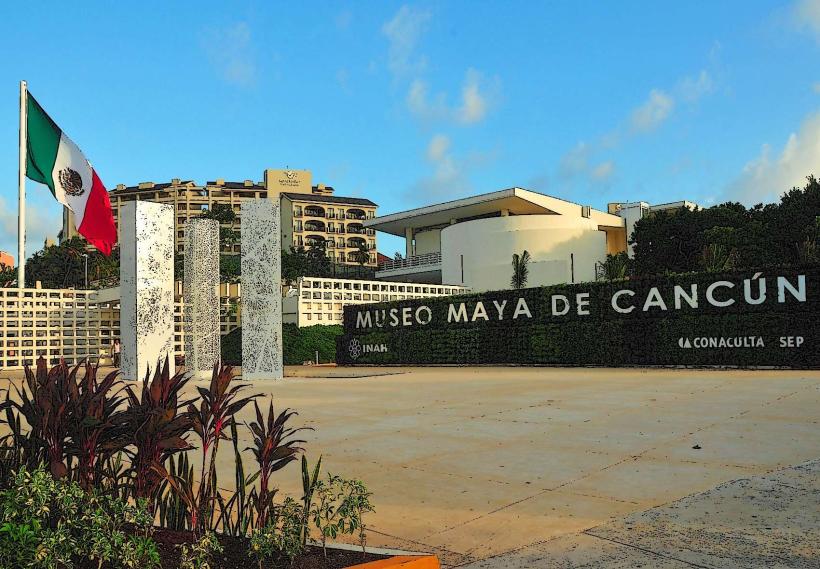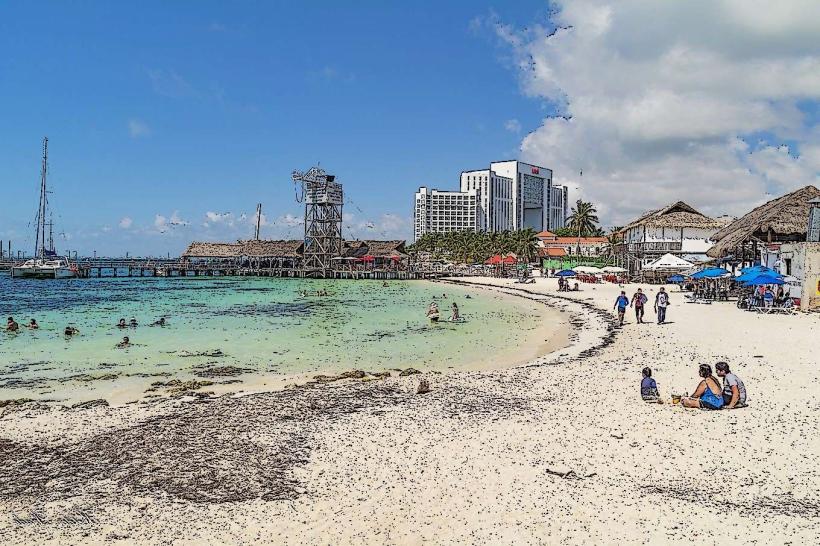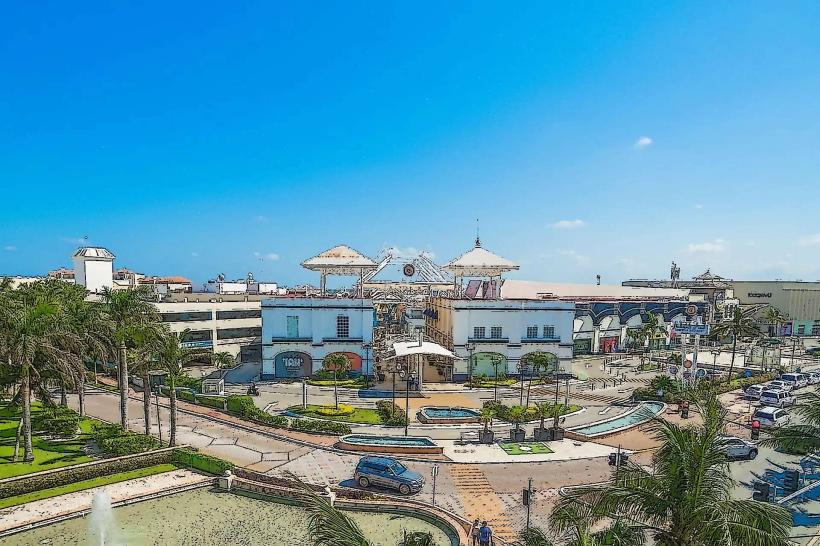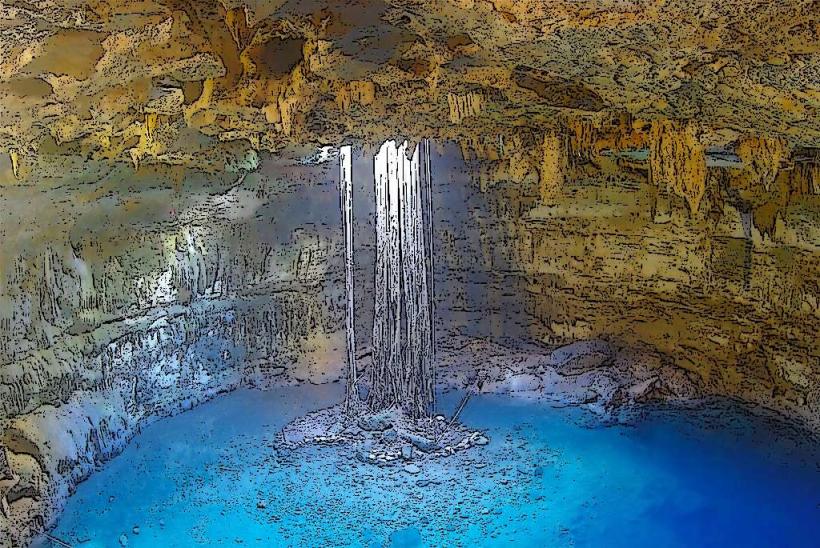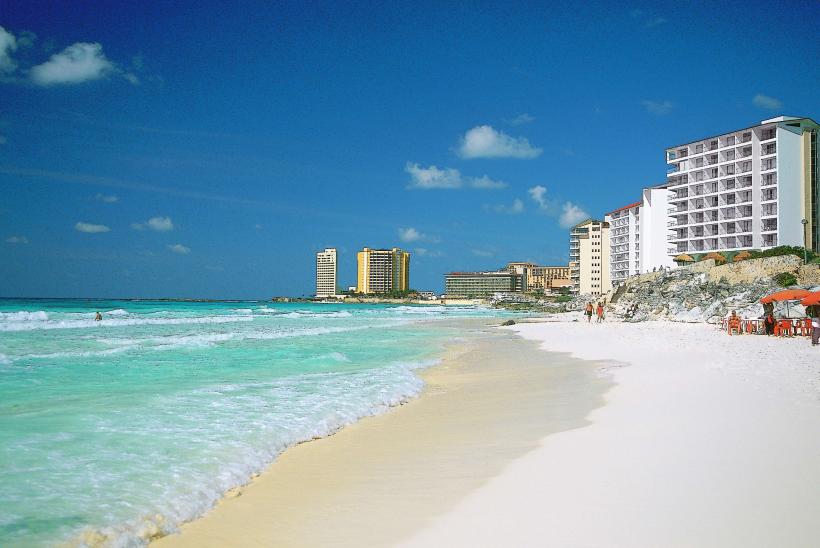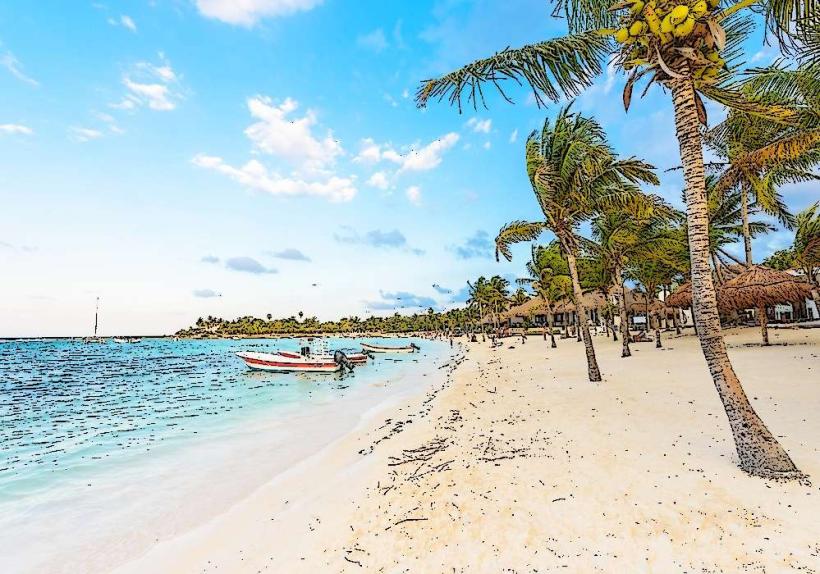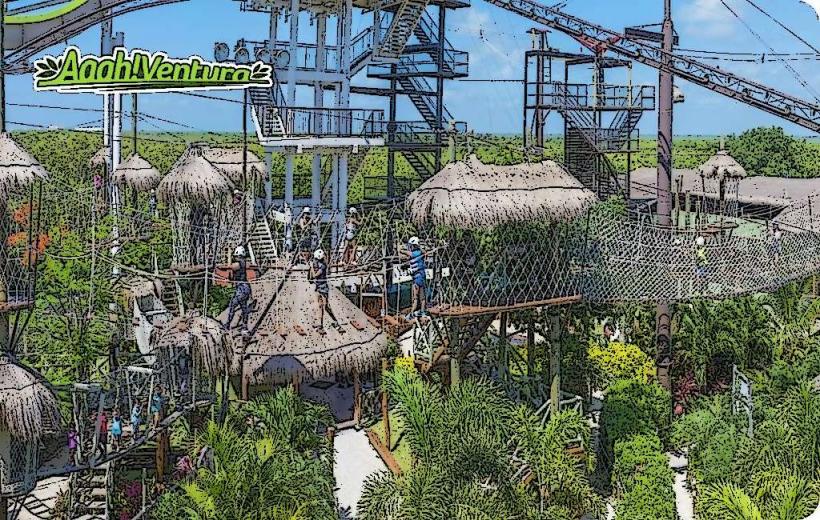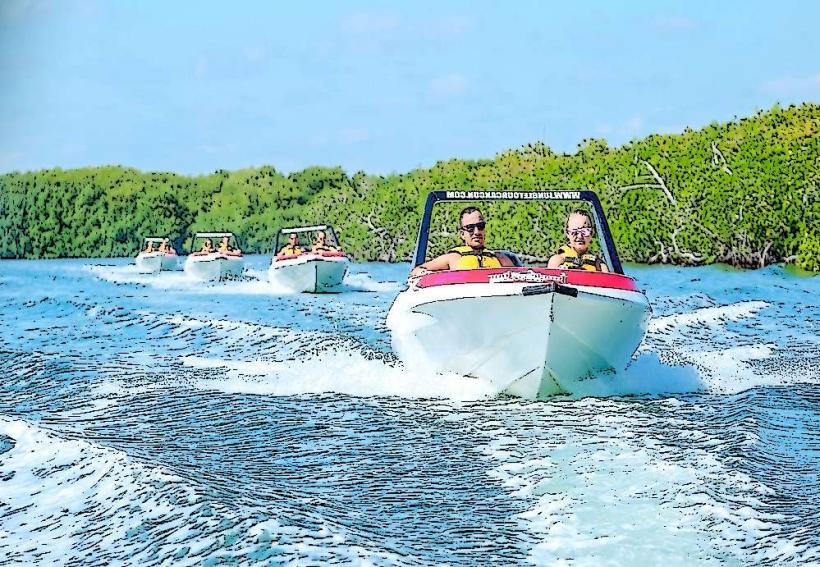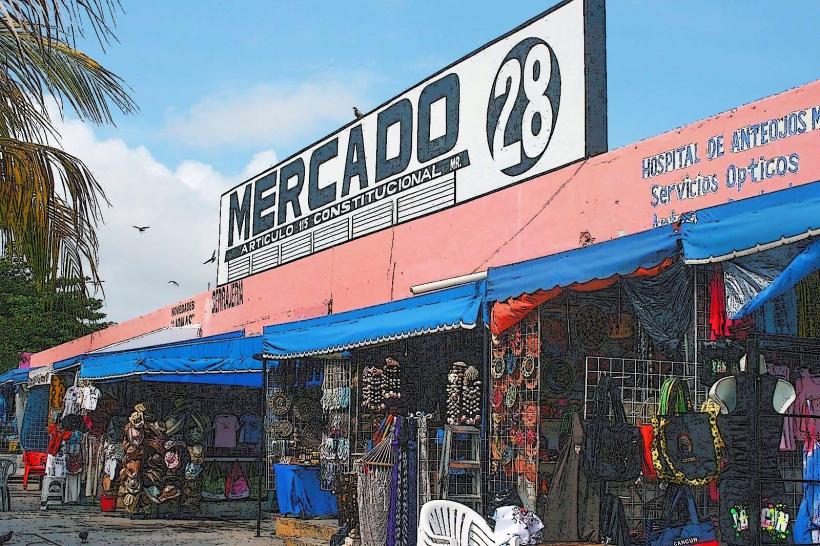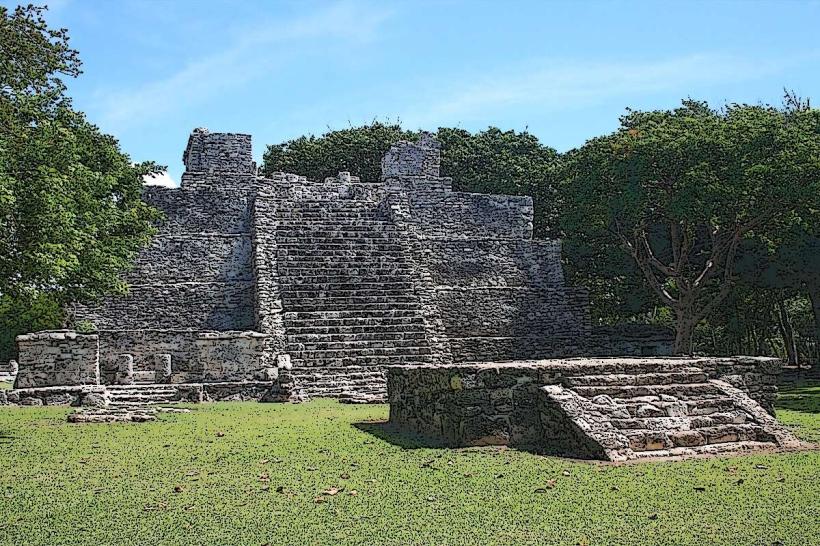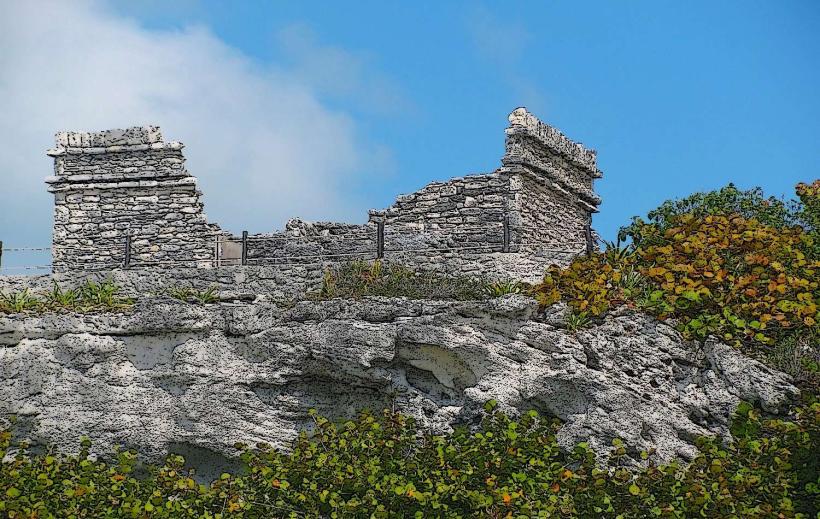Information
City: CancunCountry: Mexico
Continent: North America
Cancun, Mexico, North America
Cancun is the premier destination of the Mexican Caribbean, located on the northeast coast of the Yucatán Peninsula in the state of Quintana Roo. Founded only in 1970, it has evolved from a remote sandbar into a global tourism hub and a developing tech ecosystem for digital nomads.
Historical Timeline
Pre-1970: A sparsely populated area with small Mayan fishing villages.
1970s–1990s: Rapid development as a master-planned tourism project by the Mexican government.
2023–2025: Significant infrastructure expansion, including the integration of the Tren Maya (Mayan Train) and upgrades to the Cancun International Airport.
2026: Cancun is a primary gateway for the FIFA World Cup (hosted in Mexico City, Guadalajara, and Monterrey), seeing record tourism revenue and the launch of the UN’s "Zero Waste" sustainability initiative for beaches.
Demographics & Population
The metropolitan population is approximately 1.08 million as of 2026. The demographic is highly cosmopolitan, consisting of hospitality workers from across Mexico and a large expat community from the US, Canada, and Europe. Spanish is the primary language, though English is used universally in tourism zones.
Urban Layout & Key Districts
Zona Hotelera (Hotel Zone): A 23 km "7-shaped" sandbar between the Caribbean Sea and the Nichupté Lagoon. This is the primary tourism district.
El Centro (Downtown): The authentic heart of the city, offering local markets, residential Supermanzanas, and more affordable dining.
Puerto Cancun: An upscale gated community between downtown and the Hotel Zone, featuring a luxury mall and marinas.
Costa Mujeres: A newer, high-end "chill mode" resort area located north of the city center.
Top City Landmarks
Playa Delfines: One of the few public beaches in the Hotel Zone, famous for its "CANCUN" sign and panoramic views.
El Rey Archaeological Zone: Ancient Mayan ruins located directly in the Hotel Zone.
MUSA (Underwater Museum of Art): An underwater contemporary art installation accessible via diving or snorkeling.
Maya Museum of Cancun: A modern museum housing significant artifacts from across the Yucatán Peninsula.
Parque de las Palapas: The central square in downtown, ideal for authentic street food and local culture.
Transportation Network
Tren Maya: As of 2026, the high-speed rail connects Cancun to Tulum, Playa del Carmen, and the ruins of Chichen Itza and Palenque.
Cancun International Airport (CUN): The 4th busiest airport in Latin America, now featuring the Hyatt Place Cancun Airport for transit travelers.
Local Buses (R-1 & R-2): Connect downtown to the Hotel Zone for approximately 15–20 MXN ($0.80–$1.10).
Rideshare: Uber is fully operational and legal in Cancun in 2026, though tensions with local taxi unions persist in certain zones.
Safety & "Red Zones"
Cancun is generally safe for tourists, especially within the Hotel Zone and monitored resorts.
Red Zones: Avoid outlying, non-tourist neighborhoods in the northern and western periphery of the city late at night.
Caution: Be vigilant in Downtown (El Centro) after dark; stick to well-lit areas like Yaxchilan Avenue.
Tourist Police: A dedicated division patrols the Hotel Zone and main shopping malls to assist visitors.
Drug Scene: Violent crime is almost exclusively linked to cartel disputes in non-tourist areas. Avoid all involvement with illegal substances to minimize risk.
Digital & Financial Infrastructure
Currency: Mexican Peso (MXN). While USD is accepted in the Hotel Zone, the exchange rate is often poor.
Payments: Visa and Mastercard are accepted universally in the Hotel Zone. Cash is required for small vendors and downtown markets.
Connectivity: 5G is standard throughout the city. Most high-end resorts offer high-speed satellite internet (Starlink) to cater to the growing remote worker population.
Climate & Environmental Factors
Climate: Tropical; hot and humid year-round ($24^{\circ}\text{C}$ to $33^{\circ}\text{C}$).
Sargassum: Seaweed influx can occur between April and August. In 2026, real-time monitoring apps and the "Zero Waste" initiative help keep the main Hotel Zone beaches clean.
Drinking Water: Tap water is not potable. Use bottled or filtered water exclusively.
Local Cost Index (2026 Estimates)
1 Espresso: 65–85 MXN ($3.40–$4.50)
1 Street Taco (Downtown): 20–30 MXN ($1.05–$1.60)
1 Dinner for Two (Hotel Zone): 1,200–2,000 MXN ($63–$105)
1 Studio Rent (Downtown): 14,000 MXN ($735/month)
Nearby Day Trips
Isla Mujeres: A short ferry ride away; famous for North Beach and golf cart rentals.
Chichen Itza: One of the New Seven Wonders of the World, accessible via a 2.5-hour drive or the Tren Maya.
Tulum: Known for its seaside Mayan ruins and bohemian atmosphere (1.5 hours south).
Cozumel: A world-class diving destination accessible via ferry from Playa del Carmen.
Facts & Legends
A verified historical oddity is that before its development in 1970, only three people lived on the island that is now the Hotel Zone. A prominent local legend is that of the Aluxes-mischievous, knee-high forest spirits. Legend says that during the construction of the Cancun-Nizuc bridge, the structure collapsed repeatedly until a small house was built beneath it for the Aluxes to appease them; the bridge has stood firm ever since.

